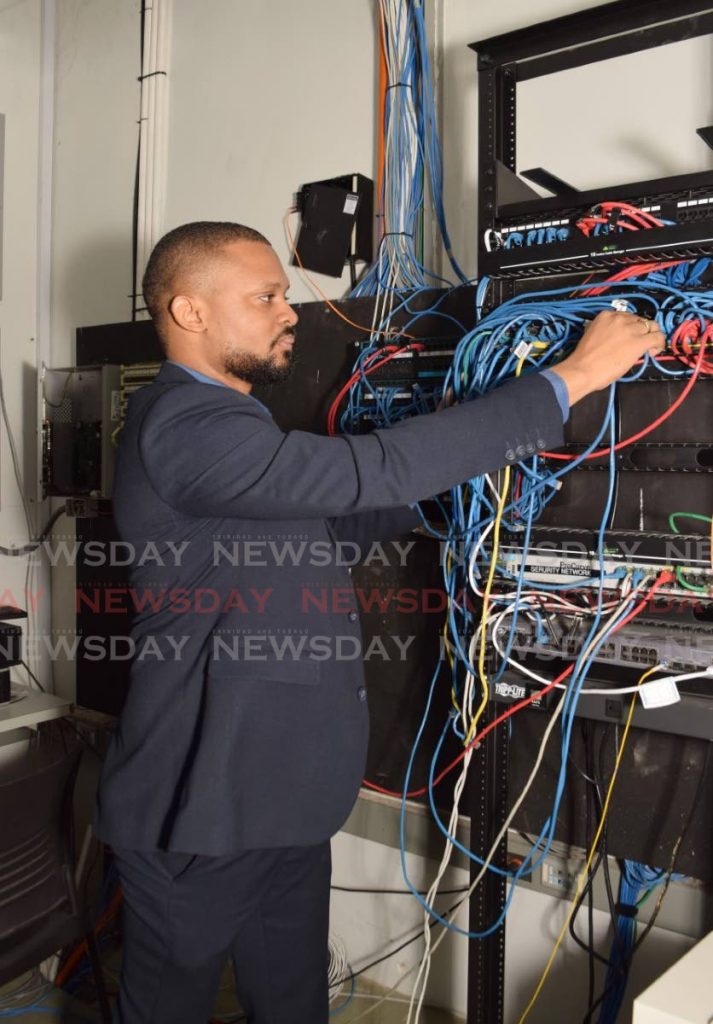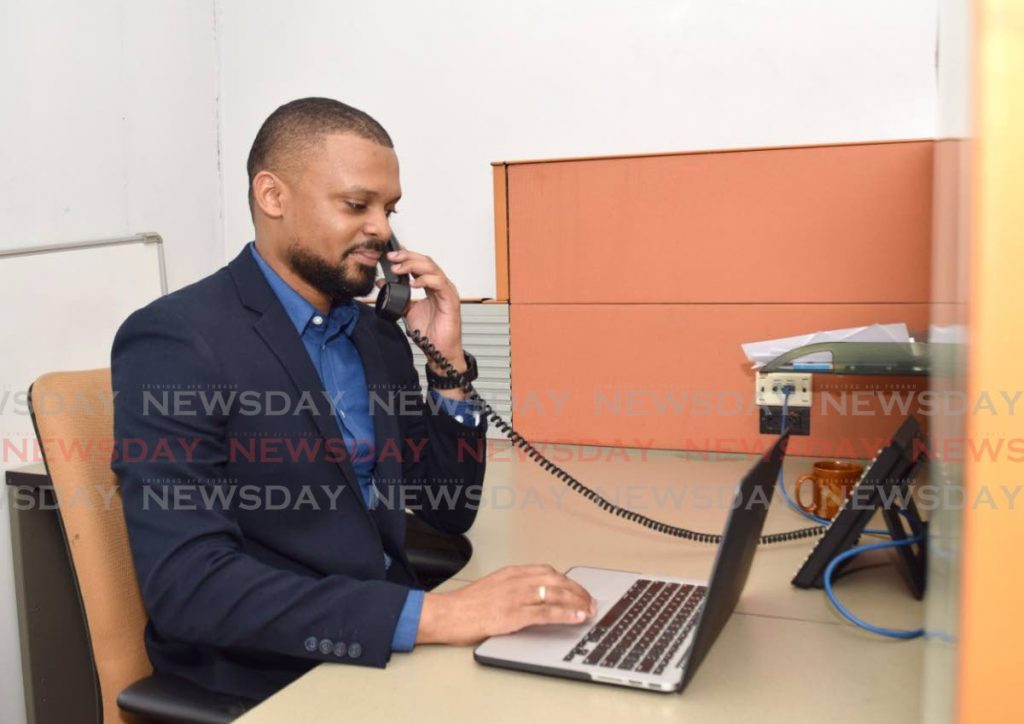UWI business school ahead of covid19 with virtual classes

Long before covid19 became a pandemic, the UWI Arthur Lok Jack Global School of Business (GSB) had a plan for virtual classes in place.
Monitoring the gradual global response to the novel coronavirus, which first surfaced in China last December, the business school got a head start on a response system. In explaining the process, Keenan Martinez, the manager of its information technology (IT) and multi-modal educational technology support (METS) unit, told Business Day the GSB's IT team started planning internally in mid-January. To the end of February, the school called a committee together to start planning for the incident of the closure of schools.
The transition from face-to-face to online classes was not very difficult as the business school had developed a system after the threat of a hurricane a few years ago.
"When we got word of schools closing, in less than 24 hours we were able to make the switch to have all classes online," said Martinez.
"We had implemented our online system since 2015 and we took the time to polish the system, update our policies and procedures and work it into our teaching and learning modalities.

“I believe it was 2017 when we had a near scare of a hurricane. It was passing and during that period we had a lot of floods et cetera, so people had to be dispersed from campus. It was causing a lot of problems... We saw that we needed to improve our services to support the organisation. So, in the event of there being some disaster and employees cannot physically come to campus we must do our part to ensure that business continues to function wherever employees are."
The change to a fully online system meant the school had to put their staff and students onto various types of shared platforms that had to be synced in different groupings and categories. All platforms had to be user-friendly to accommodate customer services as well as all other aspects of day-to-day operations. This process meant new systems would have to be created, but it was easier because the main framework was already in place.
Martinez said the school's successful transition from face-to-face to virtual classes was due to the foresight the institution and its IT and METS unit had, which was to take a proactive approach to the situation rather than wait to be reactive.
The committee held discussions where they conducted scenario-planning exercises and reviewed strategies to ensure business continuity even after the Prime Minister had announced the closure of all schools on March 16.
"We identified possible issues, various scenarios, action items, inputs for those action items, outputs for the action items and how they would affect our consumers. And when I say consumers, I mean staff, students and faculty and our communication plans."
He said prior to the pandemic classes were conducted in an amalgamation of physical and online classes depending on the subject area.
"It was a mixture, probably 50 to 60 per cent of the classes were conducted in a multi-modal form,” he said, where some students would physically attend classes while others, who are based in other countries, would do the classes online.
Now, all classes are fully online.
The team had to set up systems, mechanisms and training for all personnel to use technology to gain remote access and softphones to conduct all operations from their extensions at work to their laptops at home.
For the system to work the team had to set up platforms to enable students to have access to real time classes online and access to all course information in a user-friendly interface.
They used two different applications to facilitate the school’s two categories of programmes – academic and executive. Zoom for the executive programmes and Blackboard Collaborate (BBC Ultra), a web conferencing virtual classroom, for the academic programmes.
Why did they think BBC Ultra was more suitable for the academic programmes?
"Our academic programmes are longer, require a bit more input for learning and it's a longer learning cycle," he explained.
"We send documentation and videos for them (students) to access our learning management platform. It is there they can sign in and access all the content for their courses. We even have information on how to reach out to the faculty or programme directors."
He said the platform itself has a link to join on to BBC Ultra and the sessions are live.
“Students would be in the classroom, they can share their camera, chat with their colleagues, see presentations the faculty have uploaded. If they want, they can go into break up rooms."
He described how break up rooms are applied in the virtual classroom setting.
"Let’s say you and I are part of a group and we have to work on something. The faculty can put both of us into a break up room, we could talk, collaborate and all the other students won’t be able to hear us."
He said another advantage to using this application is that it allows for class sessions to be recorded, a vital resource for their students who unexpectedly missed a class session or who want to review specific classes for exams.
"The recording is embedded into the learning management platform so a student would have no need to miss out on a particular class. They can go to the recording and view all the content the faculty has done, presentation chats everything. It also supports students if they are preparing for examinations and they want to go back to a particular day or a particular minute of the class."
As TT has begun to re-open the economy in phases after a month with no new covid19 cases, Martinez said the school's team is preparing for the new normal as well.
"All our courses will continue online until September. After September, we will reassess to identify if there is a need for physical operations, but in this new norm we identify that requirements have changed."
When that period comes, Martinez said he believed a large number of programmes could remain online. "We also have to look at the quality aspects of it. It is one of the pillars at the UWI Arthur Lok Jack Global School of Business but we have to identify if there is really a need for physical offices. I can't say for sure. Who knows? We may remain entirely online and have employees working from home, but it's really based on certain parameters that are at play. So, it's really based on the dynamics of the course."


Comments
"UWI business school ahead of covid19 with virtual classes"